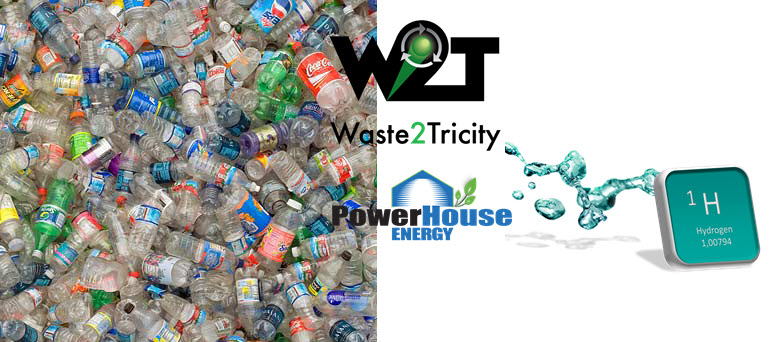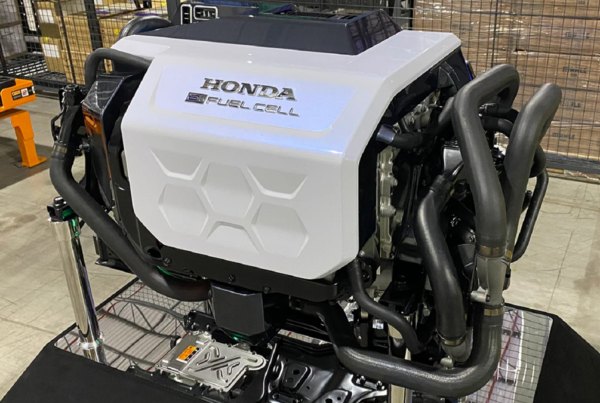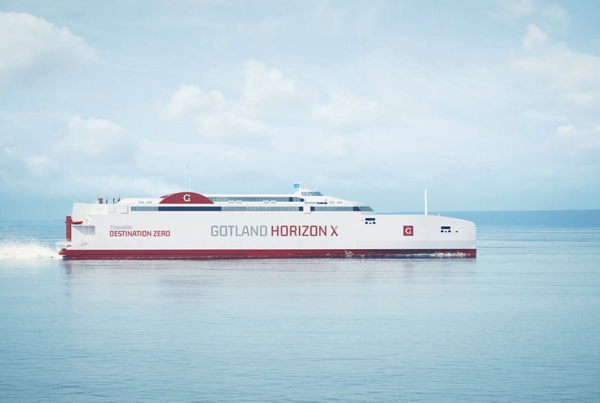
Lord St John of Bletso raises the importance of British waste plastic to energy technology and planned Plastic Parks
The importance of Waste2Tricity’s pioneering DMG® (Distributed Modular Generation) technology has been raised in the House of Lords, with Lord St John of Bletso urging the House to recognize this “revolutionary new British technology”.
The technology is being developed by Waste2Tricity, the exclusive developer in the U.K and South East Asia for the Powerhouse Energy (AIM:PHE) DMG plastic waste to electricity and hydrogen process.
During Wednesday’s debate on recycling plastic in England, Lord St John also mentioned the planned Plastic Parks which would use this new technology saying, “is he [Lord Kimble] aware of the initiative to introduce plastic parks which will be using revolutionary new British technology to convert unrecyclable plastics into hydrogen as a fuel source as well as electricity generation?”.
Waste2Tricity is in collaboration with Peel Environmental, part of Peel L&P, who has submitted plans for the UK’s first waste plastic to hydrogen facility at its 54-hectare Protos site near Ellesmere Port. In Cheshire. This £7m plant will use ‘UK first’ advanced thermal treatment technology developed by PowerHouse Energy Group (AIM:PHE) at Thornton Science Park, next door to Protos.
The pioneering DMG® (Distributed Modular Generation) technology could transform the way plastics are dealt with within the region. The plant will take up to 35 tonnes of unrecyclable plastics a day and create a local source of hydrogen which could be used to power road vehicles. Plastic will be diverted from landfill and instead used to create energy. Earlier this year Peel Environmental, part of Peel L&P, signed a £130m deal with Waste2Tricity and PowerHouse Energy to develop a total of 11 waste plastic to hydrogen developments across the UK.
In response to Lord St John’s question, Lord Gardiner of Kimble, The Parliamentary Under-Secretary of State for Environment, Food and Rural Affairs said “the noble Lord refers to what I think is really important work that we need to proceed as well which is on research as to how do we move from a wasteful economy to one that is circular and I absolutely would endorse that we need to be working on research more.”
W2T’s vision is to take the world’s problem with unrecyclable plastic and turn it into a solution; aiming to ‘turn off the plastic tap into the ocean’ to ultimately clean it up.
This process has a very low carbon footprint, meaning whilst cleaning up the world of plastic, it can produce clean energy – solving two of the world’s problems.
About W2T
W2T was established in 2008 and is a project developer and operator in the energy-from-plastic sector. In treating plastic as a fuel they aim to limit contamination of the environment whilst creating clean energy in the form of low cost and low carbon hydrogen as well as generating power for export by private wire or to the grid.
Read the most up to date Fuel Cell and Hydrogen Industry news at FuelCellsWorks




